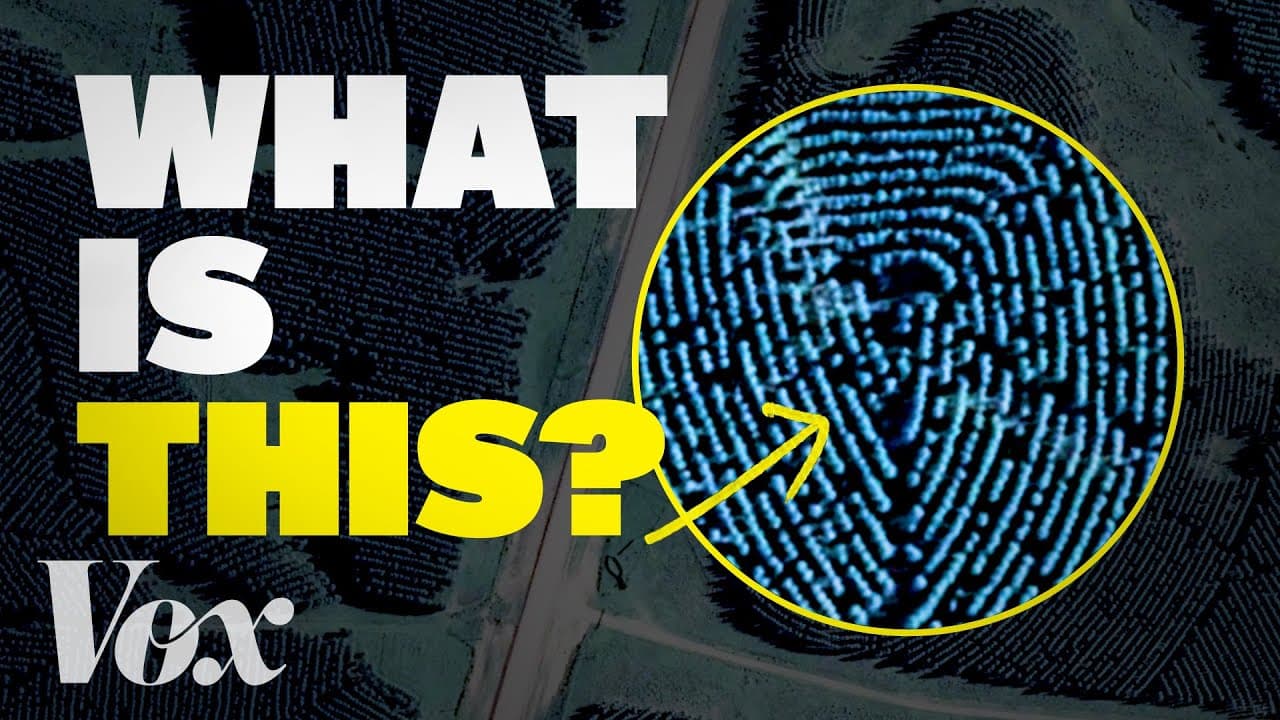Why does this forest look like a fingerprint?
09 May 2024 (almost 2 years ago)

Afforestation Project in Uruguay
- Uruguay initiated a nationwide afforestation project in the 1980s, transforming its landscape and economy.
- The country now has more plantation forest cover than native forest cover, and the wood pulp industry is a major export, employing thousands of people.
- The "DNA-like" forests discovered by a Reddit user are part of these plantations, arranged in mesmerizing designs.
Environmental Impact of Afforestation
- Afforestation can have negative environmental consequences, such as reduced water yield, soil fertility, and increased acidity.
- Harvesting and processing trees release carbon back into the atmosphere.
- The afforestation of grasslands in Uruguay has led to decreased animal diversity and the creation of monoculture tree farms with limited biodiversity.
Economic Drivers and Global Impact
- The demand for paper, cardboard, and tissue products drives the global eucalyptus industry, leading to similar forests in countries with fertile land, cheap production, and low wages.
- UPM, one of the largest landowners in Uruguay, has invested heavily in the country's forestry industry and operates a major wood pulp mill in Paso de los Toros.
- The Uruguayan government created a "tax-free zone" to stimulate forestry production.
Comparison to Leafcutter Ants
- The text draws a parallel between leafcutter ants, which reshape their environment to cultivate fungus for food, and the human reshaping of landscapes for economic purposes.